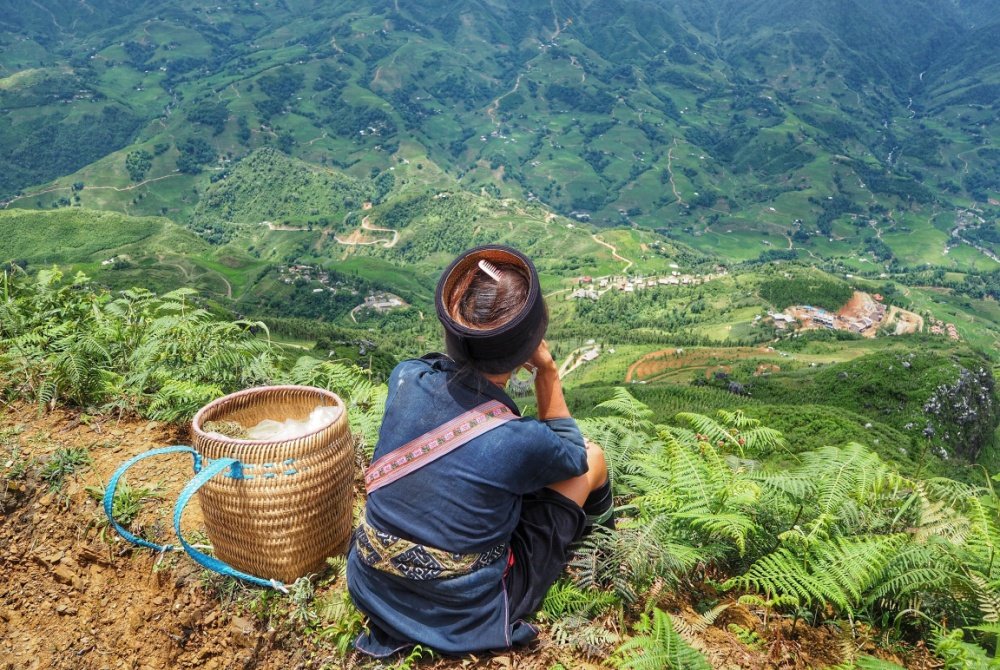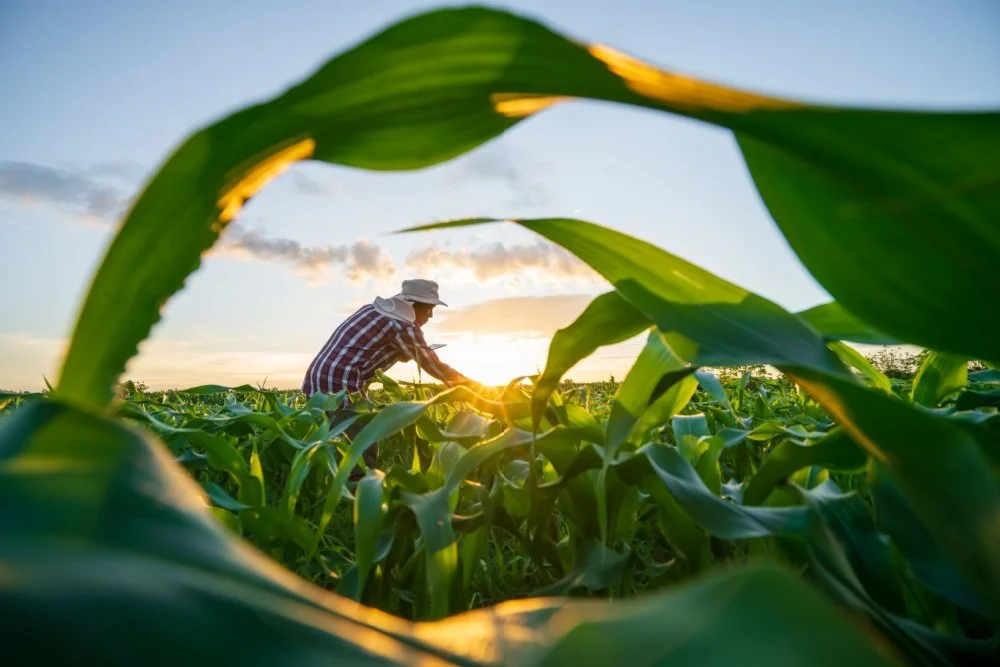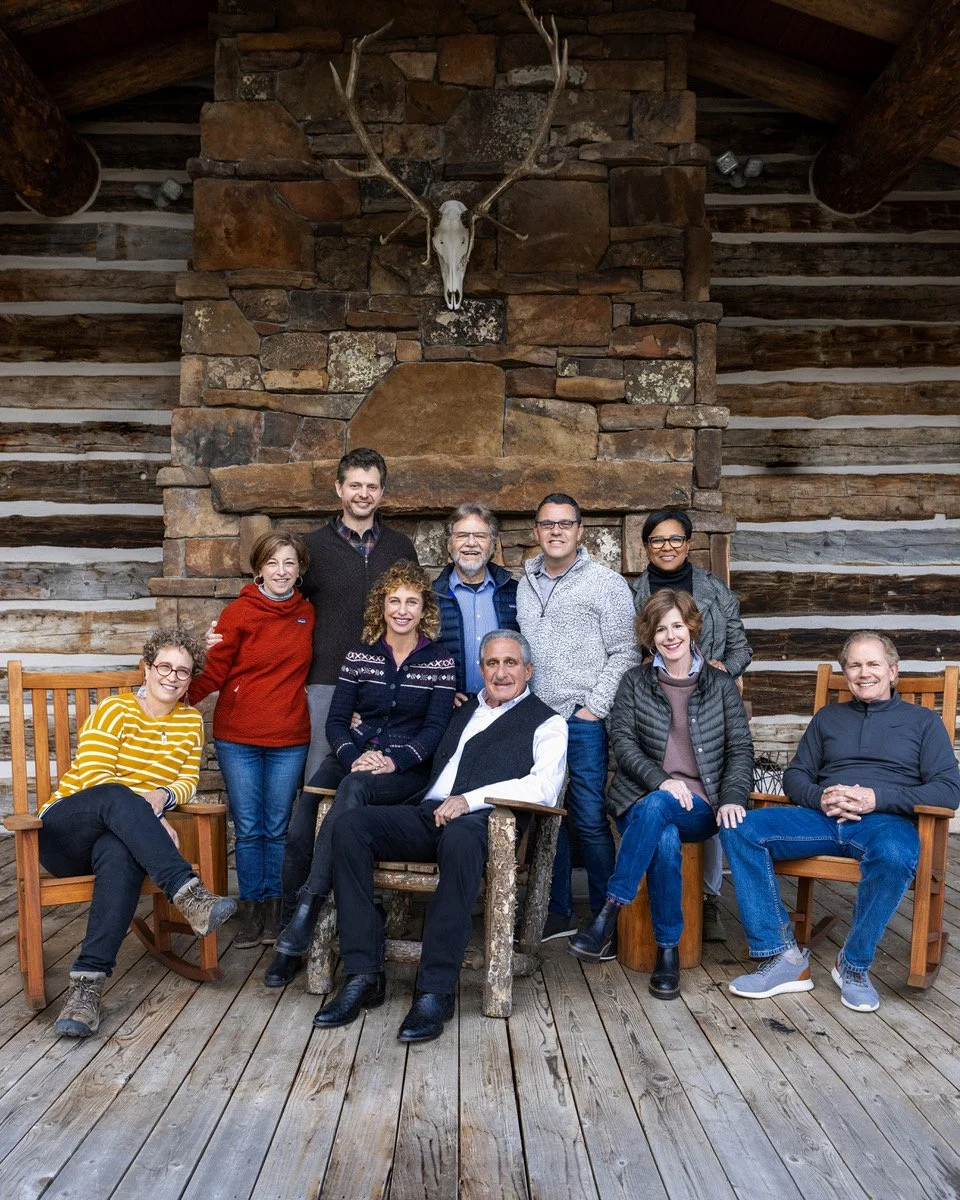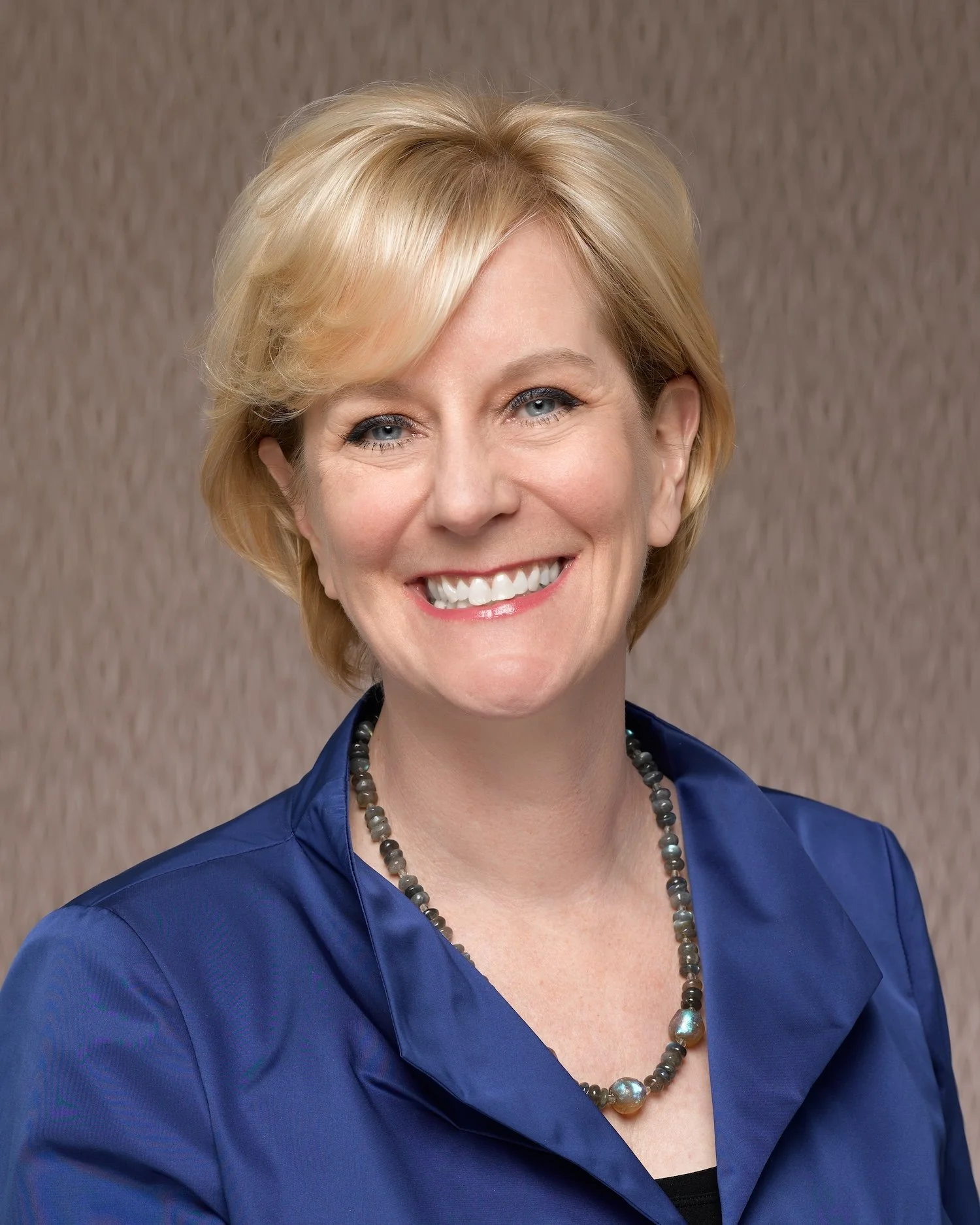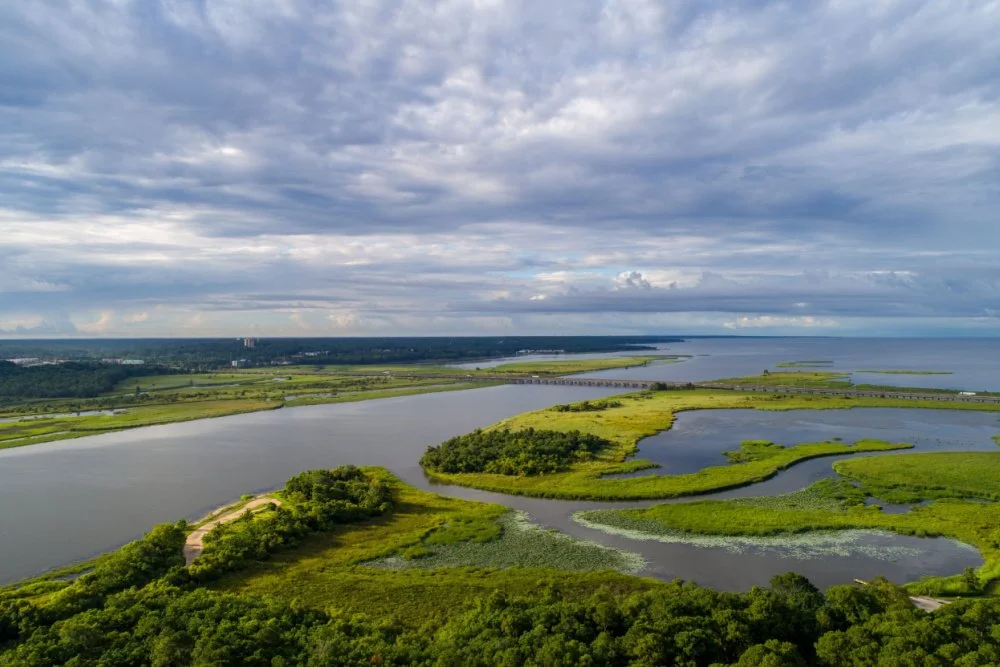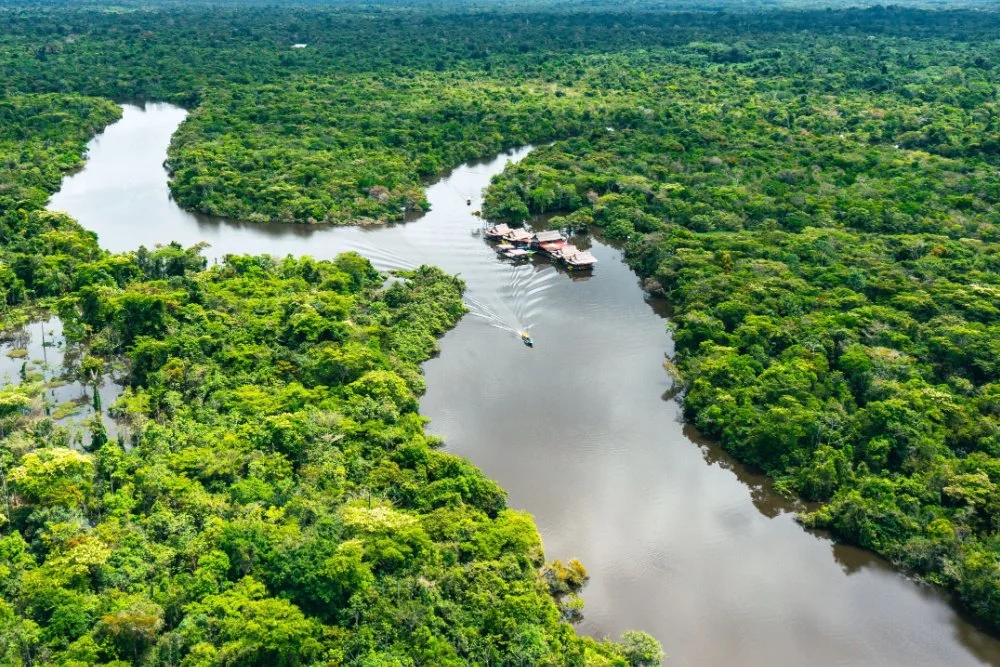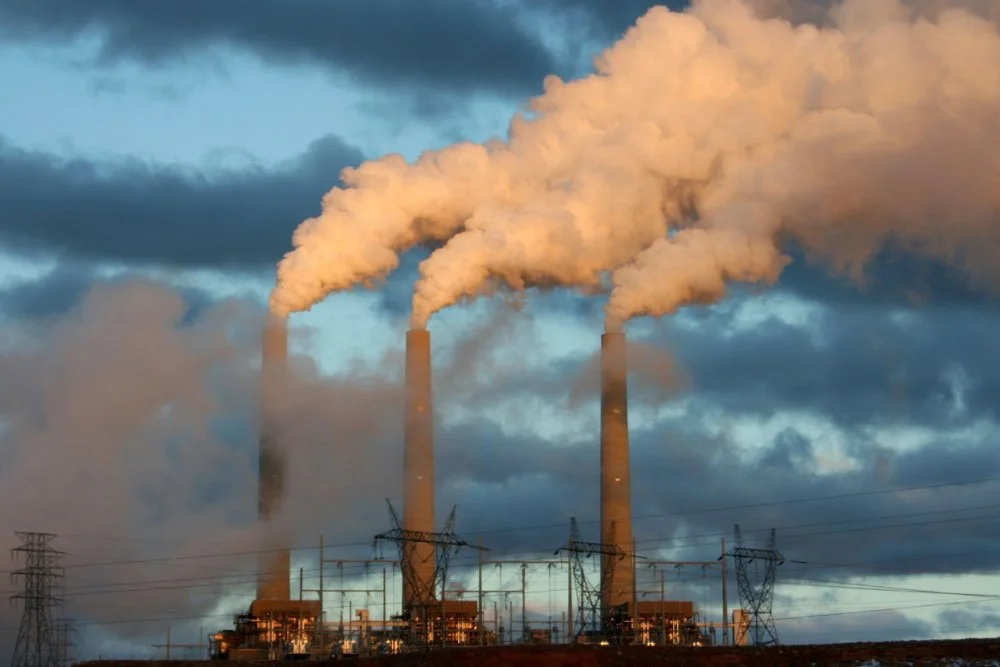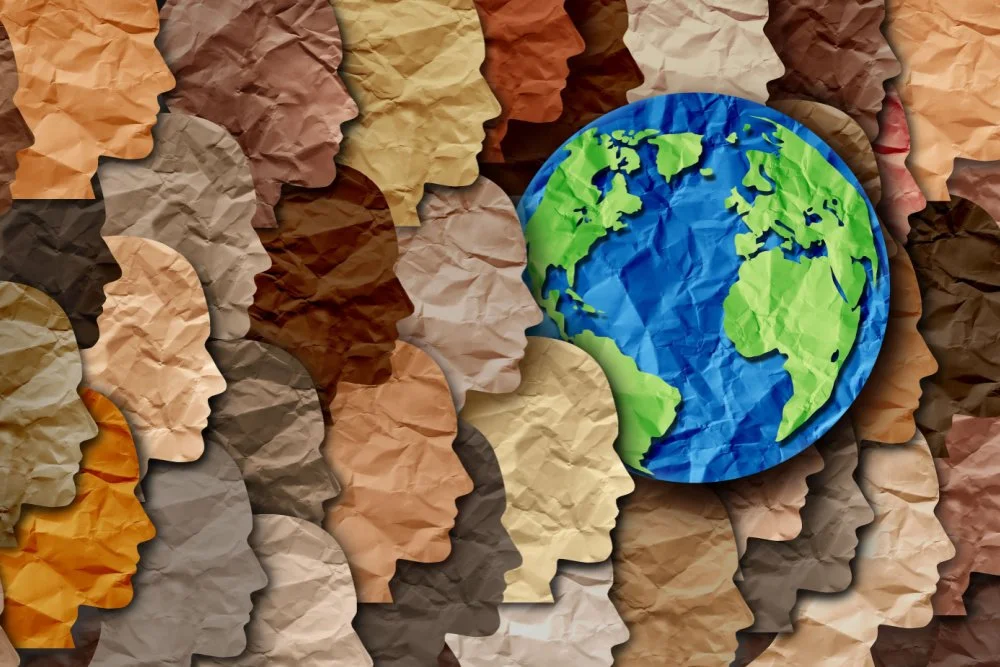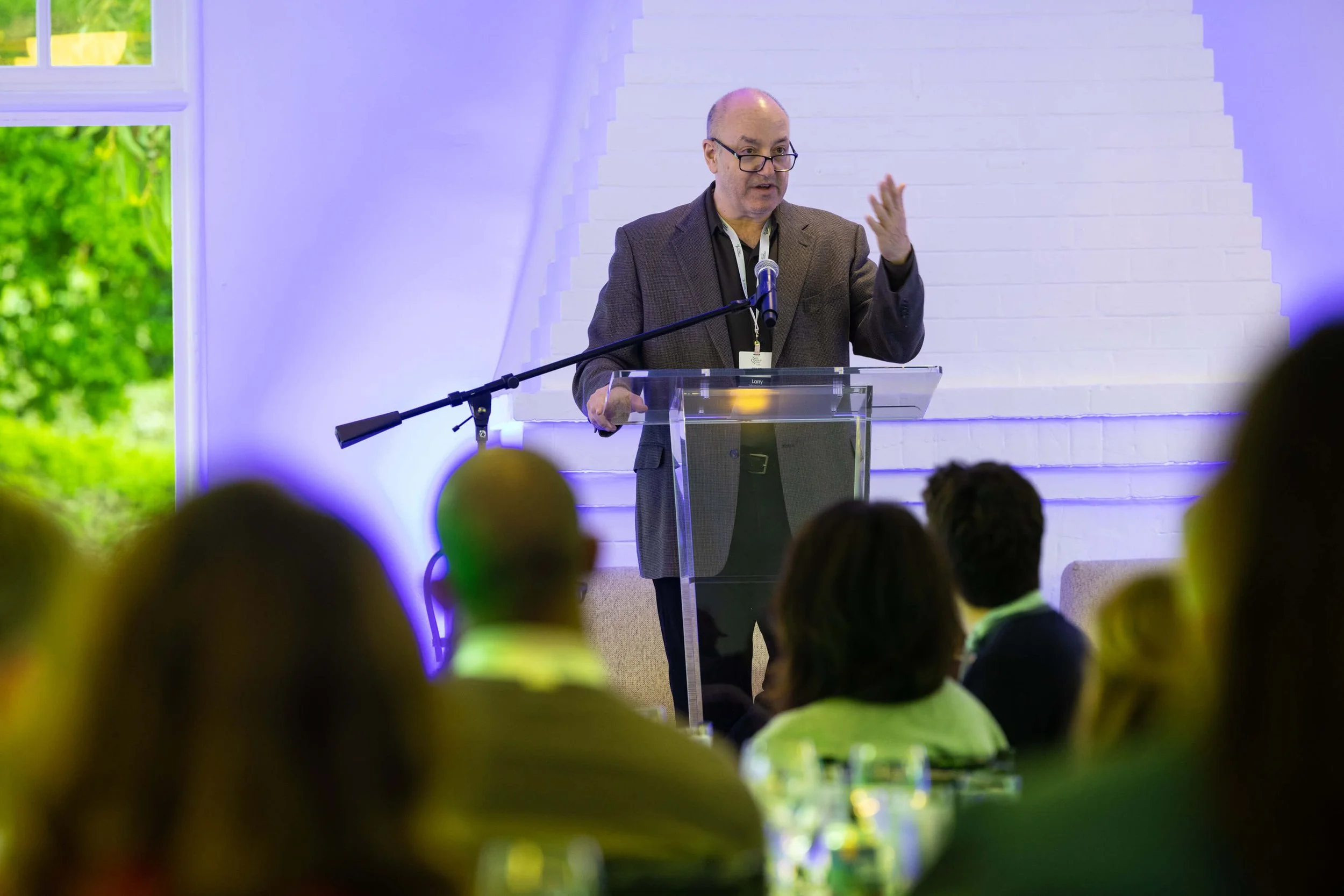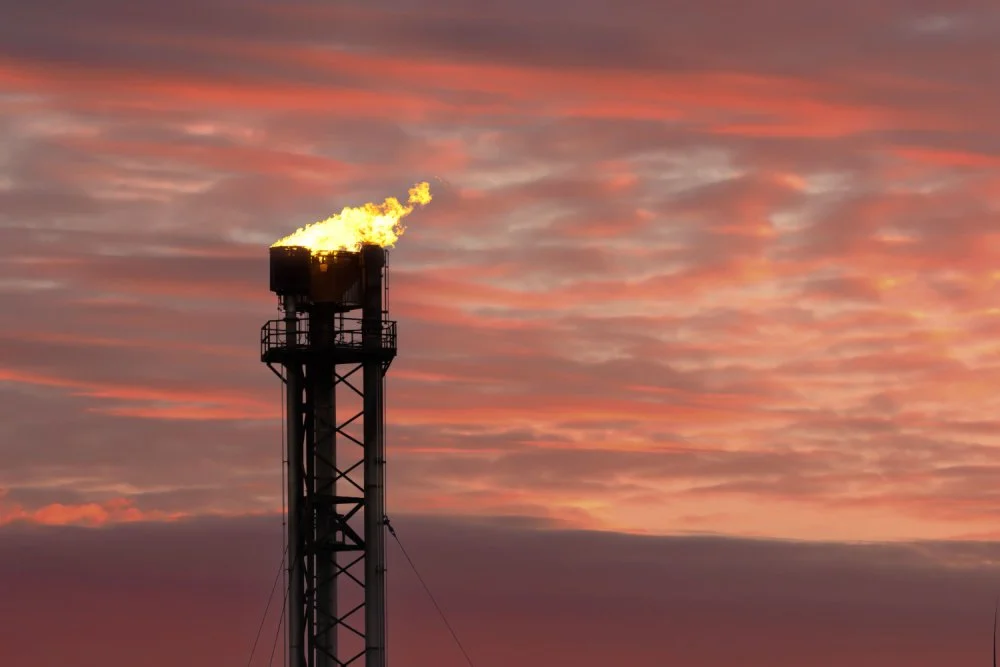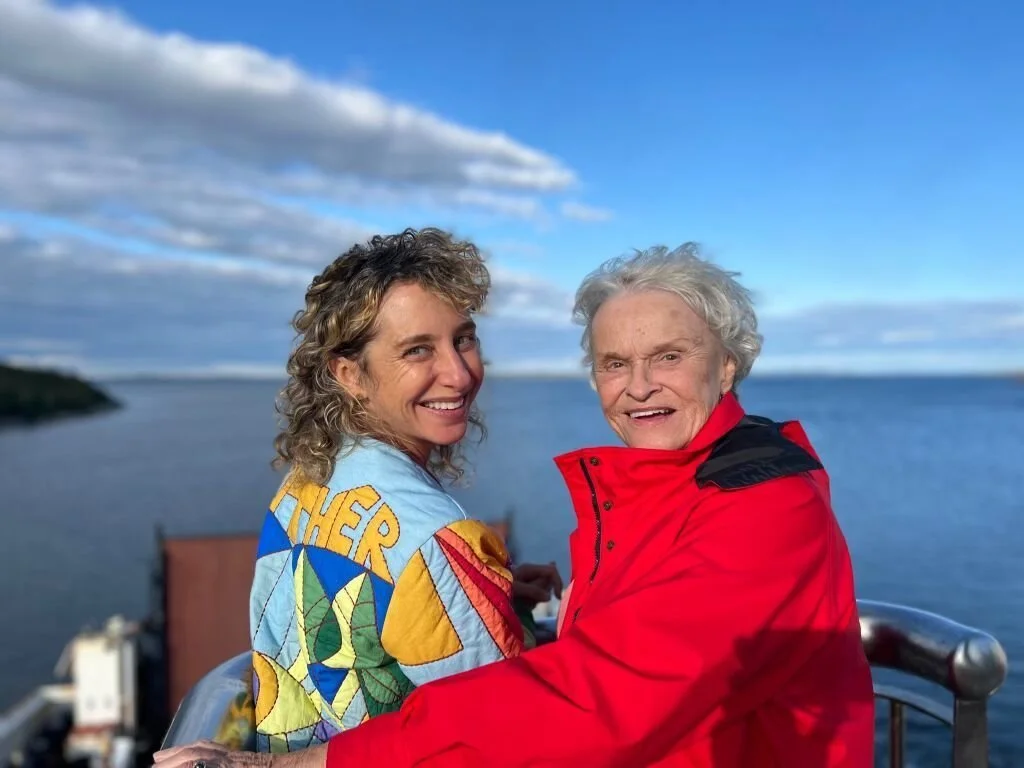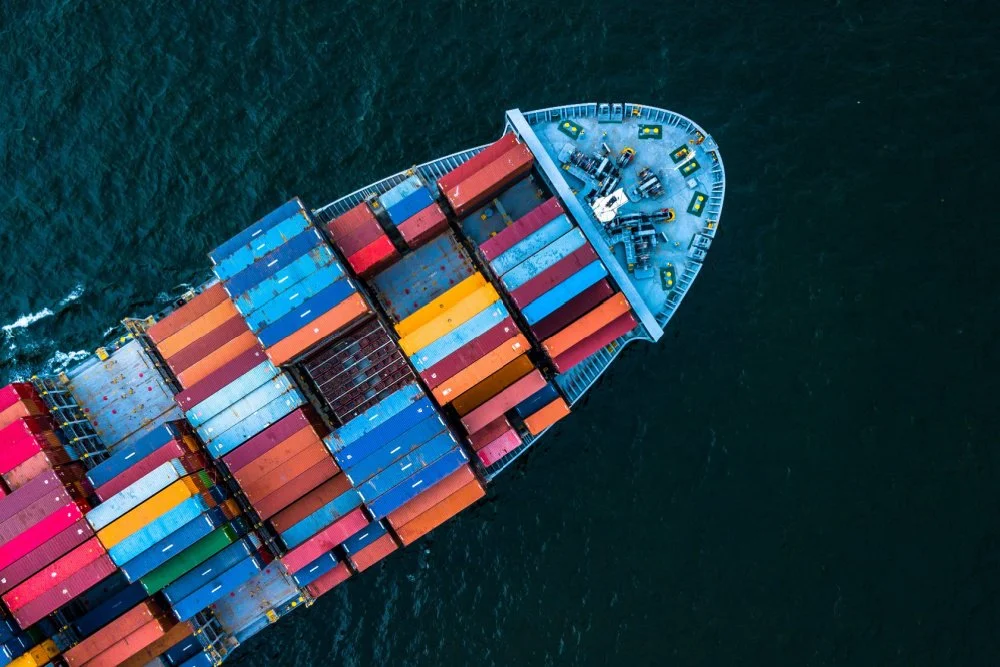New Funding at the Intersection of the Environment and Disability Rights
/People with disabilities face new risks in an era of climate-driven natural disasters. manit321/shutterstock
Environmental justice is the idea that all people must be treated equally and have meaningful engagement when it comes to decisions and regulations about natural resources. One important component that can be overlooked in this realm—and in the larger philanthropic landscape, for that matter—is disability rights.
How pollution disproportionately impacts communities of color and low-income communities has become more commonly understood in recent years, in part due to high-profile disasters like the ongoing Flint water crisis, but the links between people with disabilities and environmental threats and protections are perhaps less widely understood.
According to one estimate, some 15 percent of the world population lives with some form of disability. In addition to workers often experiencing disability as a result of activity by extractive industries, environmental impacts also affect people with disabilities in unique ways, meaning they bring important perspectives to problems and their solutions.
There are some funders paying attention to this dynamic, and one notable example is a partnership between the Ford Foundation and Global Greengrants Fund. The pass-through grantmaker is nearing the end of an initial $200,000, one-year grant from Ford to fund people with disabilities working in environmental justice. According to Ford Program Officer Ximena Warnaars, the foundation plans to continue the funding partnership.
“No Longer Acceptable”
The program is part of a foundation-wide effort at Ford that started in 2018, seeking to make its grantmaking and operations fully inclusive of people with disabilities, and encourage similar strides in the sector. In April, Ford President Darren Walker and Richard Besser, president of the Robert Wood Johnson Foundation, wrote a Chronicle op-ed calling out philanthropy’s neglect of disability rights.
“Too long, philanthropy has operated under the premise that ‘disability is a worthy cause, but it isn’t ours.’ But relegating disability-related issues to a niche grantmaking area or, worse, ignoring people with disabilities completely is no longer acceptable in philanthropy,” they wrote.
Warnaars says Ford learned this the hard way. “Justice leaders called us out for not including disability when we announced our new focus on disrupting inequality. Because of our ongoing conversations with these leaders, we now have a better understanding of how integrating a disability lens across our grantmaking makes our work even stronger.”
As part of Ford’s grantmaking for disability-focused work, the foundation turned to Global Greengrants Fund to explore the environmental justice component. The organization is known for its small grants to grassroots groups and activists operating locally on environmental protection campaigns around the world. The outfit has a unique participatory model in which volunteer advisers working on the ground make funding decisions.
According to Director of Programs Peter Kostishack and Director of Regional Programs Allison Davis, they were approached by Ford last year about disability rights in environmental justice and began having conversations within their network. The group had funded grantees working on the environmental health of workers and communities affected by polluting industries, but “had not often used disability rights as a lens in this work.”
There was considerable interest among Global Greengrants’ advisers. Staff, too—Davis has previously said, “We are not truly an environmental justice organization unless we have the full understanding of 15 percent of the world’s population. People with disabilities need to be a full part of finding solutions to unequal access to natural resources and right to a healthy environment.”
The team realized their connections with disability rights movements were limited, and had a strong interest in learning more about the intersection. So with the grant from Ford, Global Greengrants has been seeding initiatives that take on environmental issues from the perspectives of people with disabilities.
Building New Ties
One such grant is helping people with disabilities who formerly worked in salmon farming in Chile to create a new organization that will raise visibility of the industry’s dangers. One in 50 salmon divers, who are mostly indigenous, will suffer an injury due to accident.
Seed funding also supports divers on the coast of Honduras, who frequently develop neurological damage as a result of faulty equipment and making too many dives per day, which is connected to overfishing. Funding will support legal action, improving quality of life for former divers with disabilities, and movement building in the region.
Other grants went to the Persons with Disabilities Network; Nigeria, for work on the human impacts of climate change and the oil industry in the Niger Delta; and the National Indigenous Disabled Women Association Nepal, which is also working on the impacts of climate change on people with disabilities.
Global Greengrants also highlights the work of the Disability Rights Fund, which does work in this area around disaster planning and climate change in places like Bangladesh. In fact, many funders in the disaster risk area are engaging with people with disabilities.
For Ford, it’s been a fruitful initiative, Warnaars says. “Our continued partnership with Global Greengrants Fund highlights the value of connecting movements and the role funders can play to support organizations and leaders in strengthening these connections.”
Related:
Green Intermediaries: The Pooled Funds Connecting Donors to the Frontlines of Climate Change
A Growing Pooled-Funding Effort to Support Environmental Defenders
Power in Letting Go: How Participatory Grantmakers Are Democratizing Philanthropy
One of the Country’s Largest Foundations is Trying to Change How Philanthropy Works


